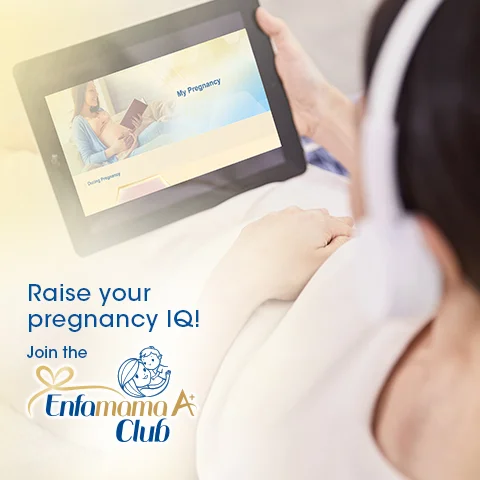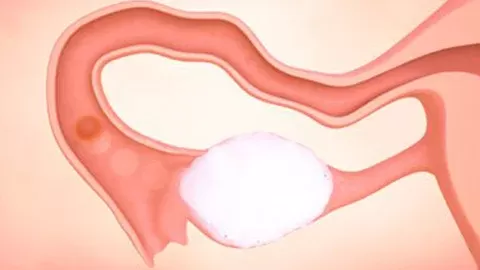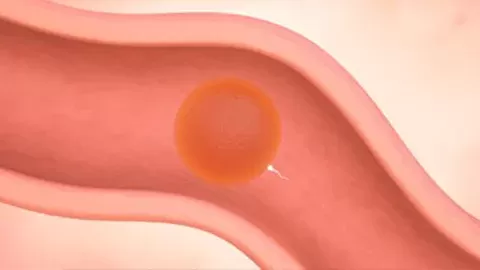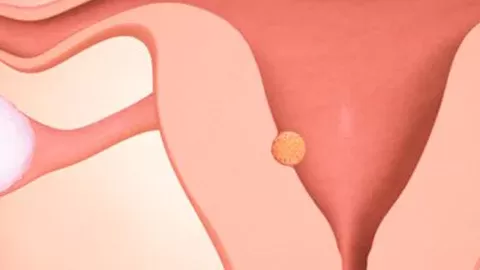 Preparing for your pregnancy
Preparing for your pregnancy
You’re not technically pregnant yet, but eating a well-balanced diet including folate will ensure proper fetal development after conception occurs.
What’s happening in Week 1 of my pregnancy?
At this stage is just a beautiful twinkle in your eye – you are not pregnant yet but are probably actively trying to conceive. It will be about two weeks before conception actually happens.i
If you are wondering why the 40 weeks of pregnancy starts now, it’s because doctors find it hard to pinpoint the exact day of conception, so they count pregnancy weeks from the first day of a woman’s last menstrual period.ii
What can you expect in Week 1 of pregnancy?
The week you have your period is when your body begins preparing for possible pregnancy. The lining of your uterus is shed. Your body produces a hormone (FSH) which stimulates follicle production inside each ovary. Each of these follicles contains a single egg, which matures and awaits fertilizationiii.
Your ovaries will also produce estrogen, which triggers ovulation, or the release of an egg. Ovulation typically happens around two weeks after the first day of your period, though this varies from person to person.iv
What can you do to support your pregnancy?
Before getting pregnant, it’s recommended that you see your healthcare provider to discuss your plans and have a pre-conception check-up. This will help you understand what you need to do to stay healthy throughout your pregnancy.v
You can meet your nutritional needs by eating a well-balanced and varied diet. It is important to take folic acid supplement as early as possible (ideally before conception) to prevent neural tube defectsvi. Dark green leafy vegetables, legumes, and whole grain products are also a good source of dietary folate (the natural form of folic acid found in foods).
Timing is extremely important if you’re trying to conceive. Try to have intercourse regularly around your ovulation. If you don’t get pregnant right away, don’t worry—many couples don’t conceive until after trying for a few cycles.
Some might find this period of trying too stressful. Expertsvii advise that by reducing your stress levels, proteins linked to implantation within the uterine lining may be enhanced and you may experience an increase in blood flow to your uterus. All this may give you a greater chance of becoming pregnant.
Your growing baby’s development in week 2





